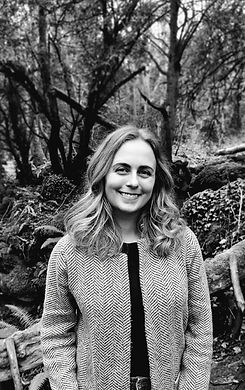Alexis Veenendaal
Fantasy & Fiction Author
Books
Progress: Editing

Cozy Comedic Adult Fantasy
Athragast is an average wizard, and after years of drudgery, all he wants is to retire on a beach – preferably somewhere off the magical grid.
The Academy selects Athragast (everyone else was busy) for a straight-cut mission with a large enough payout to fund his retirement. Determined to have a fate different from most other wizards (who tended to fall off towers or get kidnapped), Athragast agrees to go on one last quest to defeat an old nemesis. All he needs is a hero to facilitate his success.
Writing Progress
The Cheerful Necromancer
First Draft
29%
Join the Newsletter

My Story
Alexis Veenendaal was born and raised on a farm in Alberta, Canada. She earned a B.A. in English Literature at the University of Lethbridge before moving to the Netherlands for three years, where she worked on her first fantasy duology. Alexis moved to Cardiff, Wales in 2022 with her husband, where she now works as a content writer and editor for a tech automation company.
Alexis has had two short stories published in Peasant Magazine, Issue 2; and Gwyllion Magazine, Issue 10. She publishes poetry, essays, and various short story genres on her Substack.
Her hobbies include fantasy cartography, travel, hanging out with her cat, riding horses, playing D&D, and crocheting. Her favourite authors are Terry Pratchett, TJ Klune, Robin Hobb, and Leigh Bardugo, among many, many others.
Awards & Publications
Get in Touch
Alexis would love to hear from you!
For business or press inquiries, please contact her literary agent,
Madison Potter at
Olswanger Literary Agency


